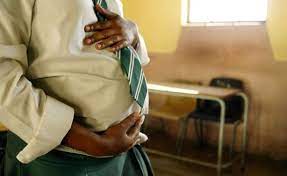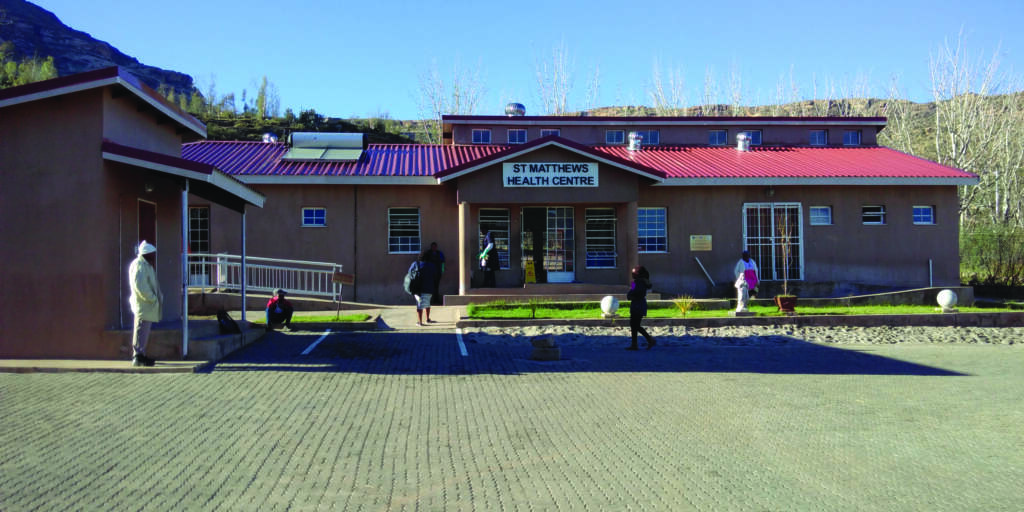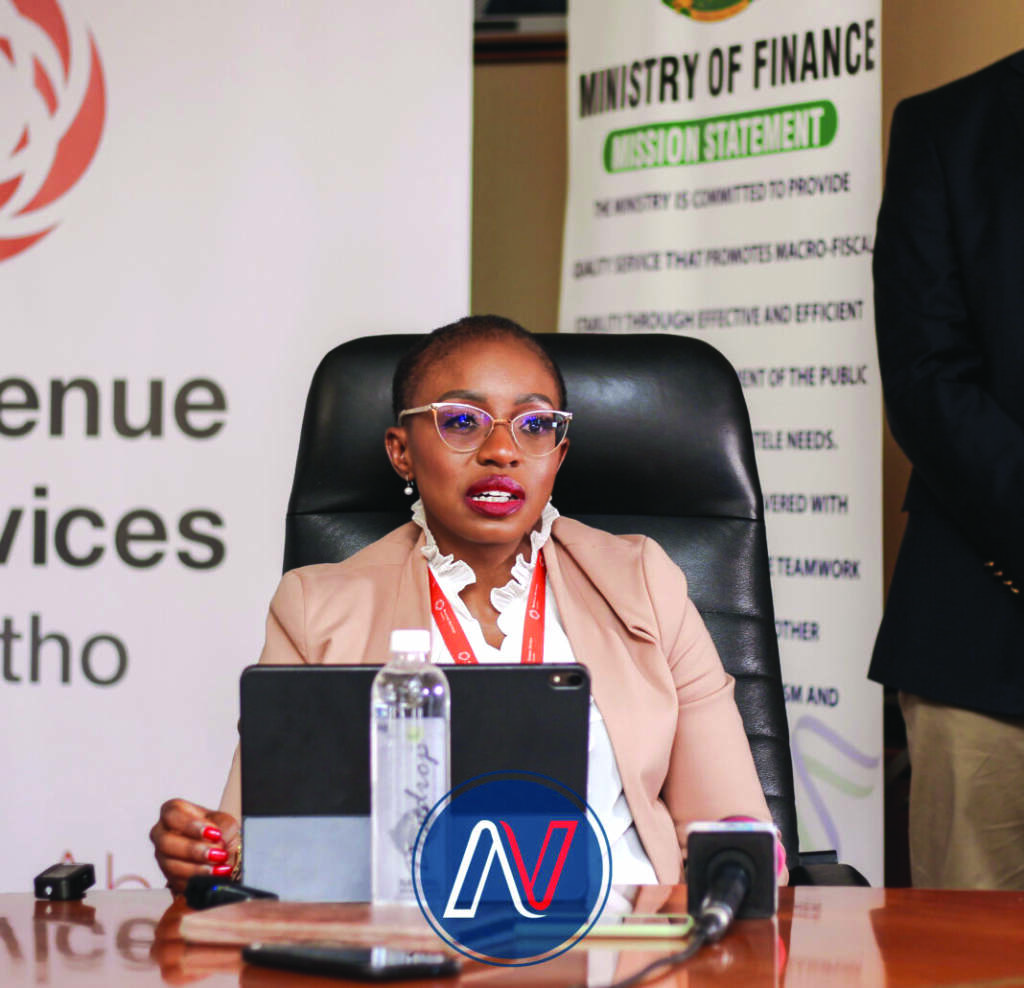A comprehensive study on abortion care in Botswana, Eswatini, Lesotho, and Namibia, conducted by Rhodes University, the World Health Organisation (WHO), and the United Nations Population Fund (UNFPA), has unveiled significant gaps in reproductive health services.
Despite commitments to the Sustainable Development Goals (SDGs), complications arising from unsafe abortions remain a major cause of maternal mortality, contributing to nearly 20 percent of pregnancy-related deaths in these countries.
The findings underscore an urgent need for policy reforms, resource allocation, and public education to dismantle systemic barriers, combat societal stigma, and address the deficiencies in healthcare infrastructure that hinder access to safe and legal abortion services.
Although abortion is legally permissible in these countries under specific circumstances, such as rape, incest, or fetal abnormalities, restrictive policies and bureaucratic hurdles often limit access. Survivors of sexual violence face significant barriers, including mandatory police reports and judicial approvals, which act as strong deterrents.
The study also highlights systemic weaknesses within healthcare systems that exacerbate these challenges. In Botswana, fewer than 5 percent of healthcare providers are trained in post-abortion care.
Namibia struggles with critical staff shortages, particularly in rural areas, while Eswatini’s heavy reliance on donor funding for sexual and reproductive health (SRH) programs raises concerns about the sustainability of these services.
Lesotho faces significant challenges in providing safe abortion services due to limited infrastructure and a lack of health facilities equipped to offer comprehensive care. These systemic gaps leave women, especially those in underserved rural areas, highly vulnerable.
The study further highlights the complex reproductive health landscape in these countries, shaped by the pervasive impacts of gender-based violence (GBV), high HIV prevalence, and deeply entrenched gender inequalities. These issues disproportionately affect women in rural areas, economically marginalised groups, and adolescents.
An unmet need for contraception, ranging from 15 to 17.5 percent, exacerbates the problem, while pervasive societal stigma surrounding abortion and early pregnancy creates additional barriers to healthcare access. Abortion is often viewed as immoral, with women seeking services stigmatised as irresponsible. Young people, in particular, face judgmental attitudes from healthcare providers and inadequate privacy during consultations.
This stigma drives many women to seek unsafe abortion procedures, significantly increasing their risk of severe complications or even death.
The study identifies a critical barrier to improving access to comprehensive abortion care in the four countries: the absence of comprehensive national guidelines.
The analysis highlights the detrimental impact of over-reliance on donor funding, particularly in Eswatini and Lesotho, which leaves sexual and reproductive health (SRH) programs vulnerable to financial instability. Additionally, outdated and poorly integrated data collection and management systems hinder the ability to analyse and interpret health information effectively.
To address these systemic challenges, the study advocates for a multi-sectoral approach, emphasising key recommendations such as the development of national comprehensive abortion care (CAC) guidelines, ensuring adequate training for healthcare providers, improving equitable resource distribution, strengthening data collection systems, implementing public education campaigns, and addressing gender inequities.
Improving access to comprehensive abortion care requires strong political will, sustained funding, and a commitment to reproductive justice. These reforms align with the Sustainable Development Goal (SDG) target of reducing maternal mortality and have broader implications for gender equality, education, and economic development.
Framing reproductive health as a human right is a vital step toward transformative policy and practice changes. The study’s reparative health justice framework offers valuable tools for policymakers to identify and address these barriers, providing actionable insights for Southern African nations and beyond.
By prioritising the reproductive rights and health of women, these nations can make strides toward more equitable and inclusive healthcare systems.
In Lesotho, induced abortion is criminalised under Section 45 of the Penal Code Act of 2010; however, it is permitted under specific circumstances as a legal defence.
This includes situations where the abortion is necessary due to instances of rape, incest, forced sexual relations, or when continuing with the pregnancy poses a risk to the physical or mental health of the mother or threatens her life or the life of the fetus.
Additionally, the Protocol to the African Charter on Human and People’s Rights (ACHPR) on the Rights of Women in Africa, also known as the “Maputo Protocol,” which Lesotho ratified in 2004, provides for state parties to authorise access to medical abortions under similar conditions.
Article 14 of the protocol emphasises the need for legal access to abortion under specific circumstances to protect women’s health and rights.
Recent data from the Bureau of Statistics’ 2022 Health Statistics Report highlighted a concerning trend: incomplete abortions accounted for 24.3 percent of the leading reasons for women’s hospital admissions, underscoring a significant health burden.
This statistic not only impacts the well-being of the women involved but also places added strain on the country’s already overburdened healthcare system.
Summary
- A comprehensive study on abortion care in Botswana, Eswatini, Lesotho, and Namibia, conducted by Rhodes University, the World Health Organisation (WHO), and the United Nations Population Fund (UNFPA), has unveiled significant gaps in reproductive health services.
- The findings underscore an urgent need for policy reforms, resource allocation, and public education to dismantle systemic barriers, combat societal stigma, and address the deficiencies in healthcare infrastructure that hinder access to safe and legal abortion services.
- This includes situations where the abortion is necessary due to instances of rape, incest, forced sexual relations, or when continuing with the pregnancy poses a risk to the physical or mental health of the mother or threatens her life or the life of the fetus.

Ntsoaki Motaung is an award-winning health journalist from Lesotho, specializing in community health stories with a focus on sexual and reproductive health and rights, as well as HIV. She has contributed to platforms like “Be in the KNOW,” highlighting issues such as the exclusion of people with disabilities from HIV prevention efforts in Lesotho.
In addition to her journalism, Ntsoaki serves as the Country Coordinator for the Regional Media Action Plan Support Network (REMAPSEN). She is also a 2023 CPHIA Journalism Fellow.









